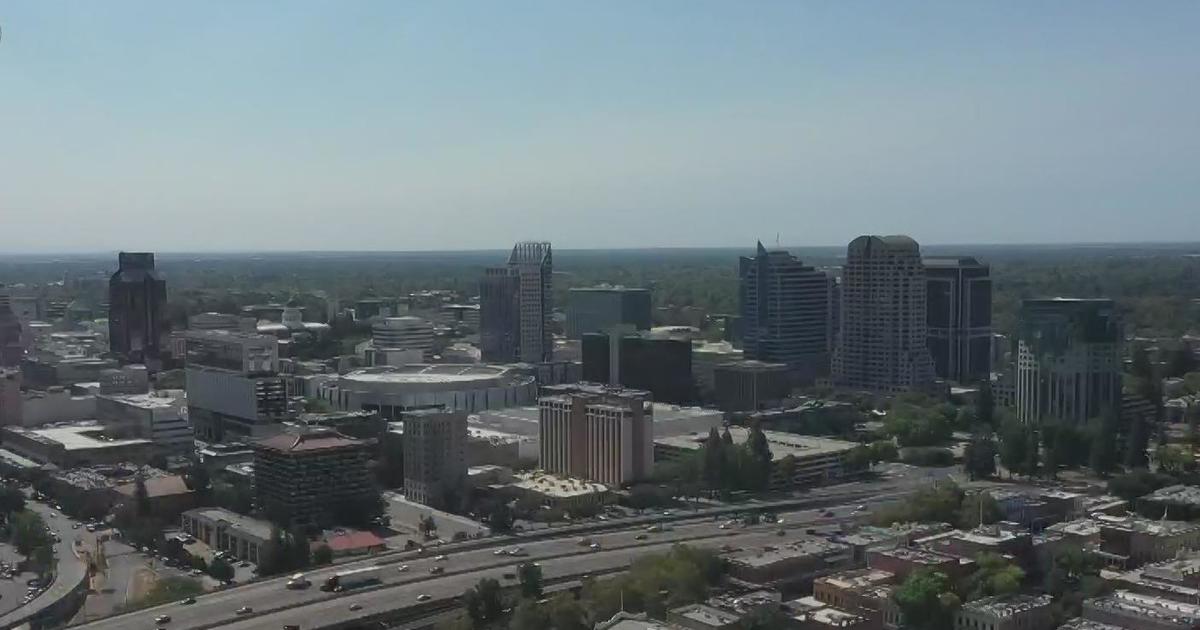Will California Gas Prices Jump At Beginning Of Year, Or Are Oil Companies Full Of Hot Air?
SACRAMENTO (CBS13) — Advertisements are warning California drivers that a big jump at the pump could be on the way, but how likely is a large jump and how big will it be?
Experts say the lower-than-normal gas prices we've been saying lately are likely to climb.
Jay McKeeman with the California Independent Oil Market Association estimates prices will move up 12 to 15 cents in January. And after that?
"Estimates have been made that it could go as high as 75 cents a gallon," he said.
Dave Clegern, with the California Air Resources Board says it's not a tax.
"The fuel suppliers will join the other major greenhouse gas emitters under cap and trade on Jan 1, 2015," he said.
That means fuel suppliers will have to buy carbon credits to comply with the new California greenhouse gas rules.
Right now those credits are going for roughly $12 a ton, which oil experts say will translate to at least a 12-cent hike per gallon of gas.
"We want to make sure the public understands that it's the government, it's the air resources board that's putting this allocation on fuels and it's gonna get passed down to the consumer," McKeeman said.
We asked Clegern how much more should we expect to pay for gas.
"We don't predict gas prices because the market is just too volatile to tell what's going on," he said. "What I can tell you is we don't see any reason for any kind of appreciable price increase, any discernible price increase."
But that's not what advertisements from the California Driver's Alliance have been saying. The group is backed in part by the oil industry.
McKeeman's group has also been fueling the push to stop the new regulations.
"We've been working very hard to try and get this legislation delayed," he said. "This state just loves to do experiments and it's frustrating when they use the consumers as a guinea pigs."
State officials deny those claims and keep their defensive posture when we asked another important question: where's the money going.
The funds go into certain buckets controlled by the state legislature. Some of them, critics argue, don't hold water.
"One of the buckets has to do with building the bullet train, another bucket has to do with building low income housing," McKeeman said. "You know, we're not convinced that those buckets have a lot to do with emission controls."
The board say the money earmarked for low-income housing has a direct connection to emission controls.
"It's very specific kinds of affordable housing," Clegern said. "We're looking for affordable housing that's energy efficient and that's built near mass-transit, both of which can dramatically decrease greenhouse gas emissions and other pollution."
The bottom line is fuel suppliers will have to abide by new rules starting Jan. 1 that will cost them money. Will they transfer that cost to us? If history is any indication, we might already have the answer.
The regulation was passed in 2006, and state officials contend oil companies have had plenty of time to adjust, so they shouldn't have to raise prices.



